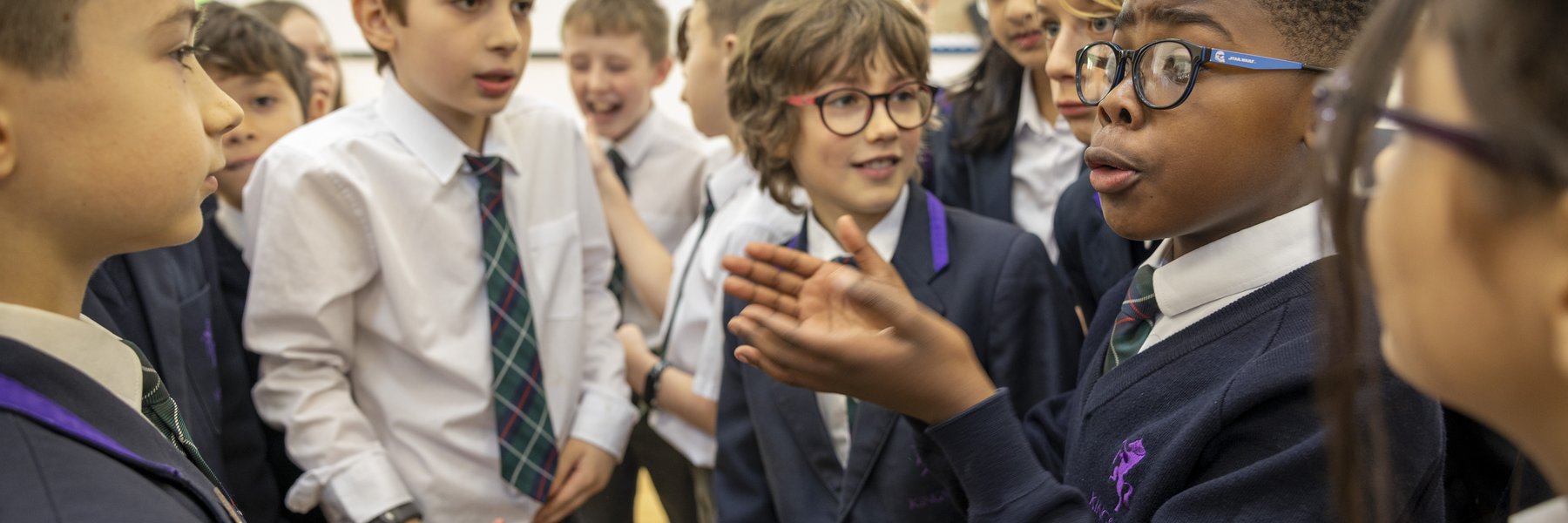- Our work with schools
- What is global citizenship?
- Global citizenship guides
- Support for educators
Photo: Andy Aitchison/Oxfam

What is Global Citizenship?
Global citizenship is the term for social, environmental, and economic actions of individuals and communities who recognise that every person is a citizen of the world.
It is about how decisions in one part of the planet can affect people living in a different part of it, and about how we all share a common humanity and are of equal worth.
It means being open to engaging positively with other identities and cultures and being able to recognise and challenge stereotypes.
It is also about how we use and share the earth's resources fairly and uphold the human rights of all.
What does it mean to be a global citizen?
A global citizen is someone who is aware of and understands the wider world – and their place in it. They are a citizen of the world. They take an active role in their community and work with others to make our planet more peaceful, sustainable and fairer.
Examples of global citizenship
Global citizenship involves...
- Exploring local and global connections and our views, values and assumptions
- Exploring issues of social justice locally and globally
- Exploring the complexity of global issues and engaging with multiple perspectives
- Applying learning to real-world issues and contexts
- Opportunities to make informed, reflective action and be heard
GLOBAL CITIZENSHIP EDUCATION
For Oxfam, global citizenship is all about encouraging young people to develop the knowledge, skills and values they need to engage with the world. And it's about the belief that we can all make a difference.
Education for global citizenship isn't an additional subject – it's a framework for learning, reaching beyond school to the wider community. It can be promoted in class through the existing curriculum or through new initiatives and activities.
BENEFITS OF GLOBAL CITIZENSHIP
Global citizenship helps young people to:
- Build their own understanding of world events.
- Think about their values and what's important to them.
- Take learning into the real world.
- Challenge ignorance and intolerance.
- Get involved in their local, national and global communities.
- Develop an argument and voice their opinions.
- See that they have power to act and influence the world around them.
What's more, global citizenship inspires and informs teachers and parents, too. But above all, it shows young people that they have a voice. The world may be changing fast, but they can make a positive difference – and help build a fairer, safer and more secure world for everyone.
Photo: John Mclaverty / Oxfam
Teaching resources
Ideas, activities and support for developing global learning in the classroom and beyond.
Photo: Andy Aitchison/Oxfam.
Global citizenship guides
Practical advice and inspiration for embedding global citizenship in the curriculum and across the whole school.
Photo: Andy Aitchison/Oxfam.
Active global citizenship
Beyond the classroom, we give young people lots of ways to take action for a better world.